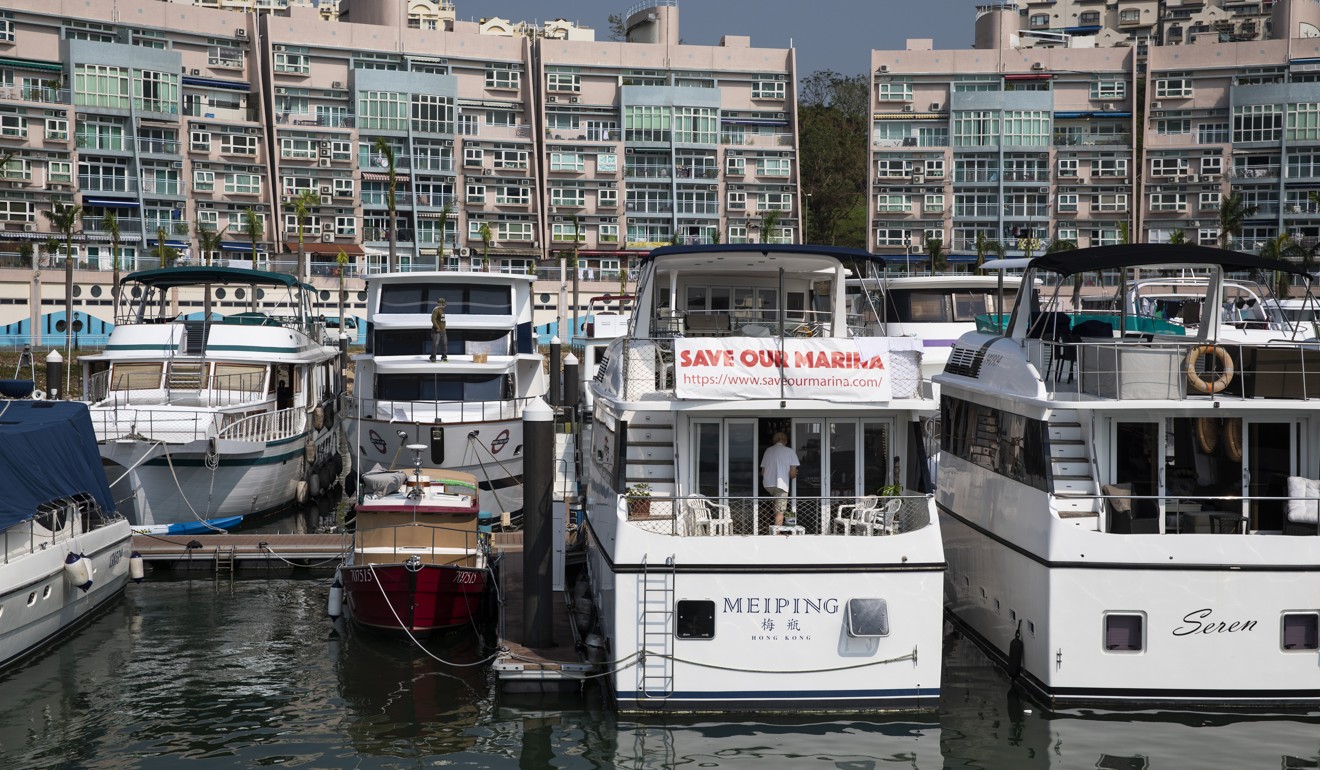
Carrie Lam’s policy plan boldly follows the government’s tradition of protecting the status quo
Philip Bowring says the few good ideas proposed by Lam, such as revising tunnel toll fees, should have been put in place long ago. Meanwhile, many of Hong Kong’s perennial problems touching on government and business interests were, again, left untouched
And what is so tough about an impost which affects maybe a quarter of the 8 per cent of Hongkongers who own cars and regularly use the tunnels? What, also, is tough about using taxpayers’ money to subsidise users of the western tunnel, another example of pandering to the motorist minority (of whom I am one) by a civil service over-provided with parking spaces and official cars.
The government also protects the cosy developer-linked monopoly, Autotoll, which collects a high fee for its service through almost all the tollways that are government-owned. Such high fees deter many drivers from using electronic payment, necessitating the use of manned booths and thus raising government collection costs. Electronic tolls should be free and compulsory.
Watch: Highlights of Carrie Lam’s policy address 2018
So, do market forces not apply? Or does the government believe there was a quiet cartel among the few developers big enough to bid? If the government was serious about reducing its stranglehold, it would have sold this – and other – land in smaller parcels to enable smaller developers to bid.
The original developer, Edward Wong Wing-cheung, of what was supposed to be a holiday resort – with hotels and a public golf course – was foreclosed by the Soviet-controlled Moscow Narodny Bank. This alarmed the government, which engineered the acquisition by Cha.
The development rules were quietly changed on several occasions, and without payment, to enable what became a vast private fiefdom, now with 19,000 residents. Only in 2004 did the auditor-general get around to investigating events, severely chastising the government. But, by then, it was water under the bridge.

Civil servant and corporate immunity is also suspected in a recent decision by pro-government members of the Legislative Council to keep secret a report, ordered by the transport secretary in 2013, on the 2012 Lamma ferry disaster which killed 39 people.
But of higher-level departmental or corporate responsibility for the vessel itself, there has been no sign. Nor will there be while the civil service shows just how tough it can be – at self-protection.
Philip Bowring is a Hong Kong-based journalist and commentator

